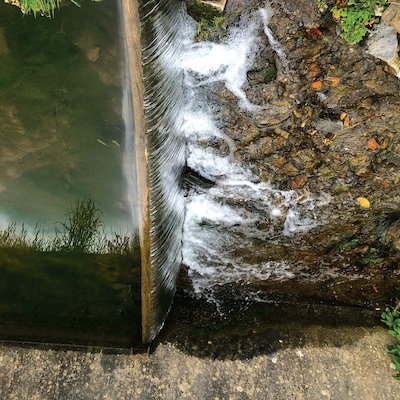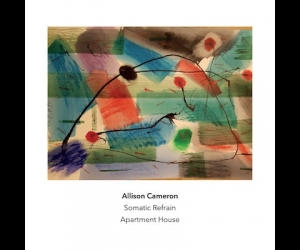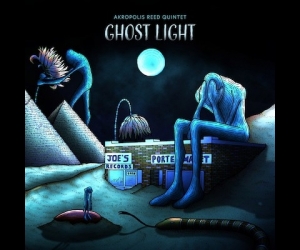
Phosphenes is composer-violinist Jessica Moss’s first release since Entanglement in 2018. Defined as the experience of seeing light and shapes while the eye is closed, Phosphenes is an apt title for an album made as the pandemic’s bleakness is starting to allow cracks of light—and hope—come through.
In the Contemplation suite, which constitutes the first half of the album, overpowering darkness and conflict are interwoven with unpredictable moments of release. The three-part sequence, described in the liner notes as her “most formally accomplished post-classical work,” is an intense, riveting lament. “Contemplation I” features stark, quivering chords that create a sense of distance and disconnection. A feeling of standing outside of oneself continues to build in the intense yet euphoric mournfulness of “Contemplation II,” wherein the slow, haunting progression and wordless vocals mirror chaos and loss. Single notes shatter into multitudes of sound, strident violins create urgency, and distortion captures a sense of gnawing distress. The final movement, “Contemplation III,” sounds tentative—an awakening from the thick haze of despair.
Cinematic stoicism takes over Phosphene’s second half. The foreboding “Let Down” builds to a peak before shifting midway into an industrial orchestra and back again. “Distortion Harbour” seethes beneath the surface with rigid, orchestral rage threatening to erupt and disrupt. Then, ever so slightly, a weary tenderness comes forth on “Memorizing and Forgetting,” a duet with Julius Lewy, signalling the moment of finding each other after surviving the depths of physical and emotional isolation.


